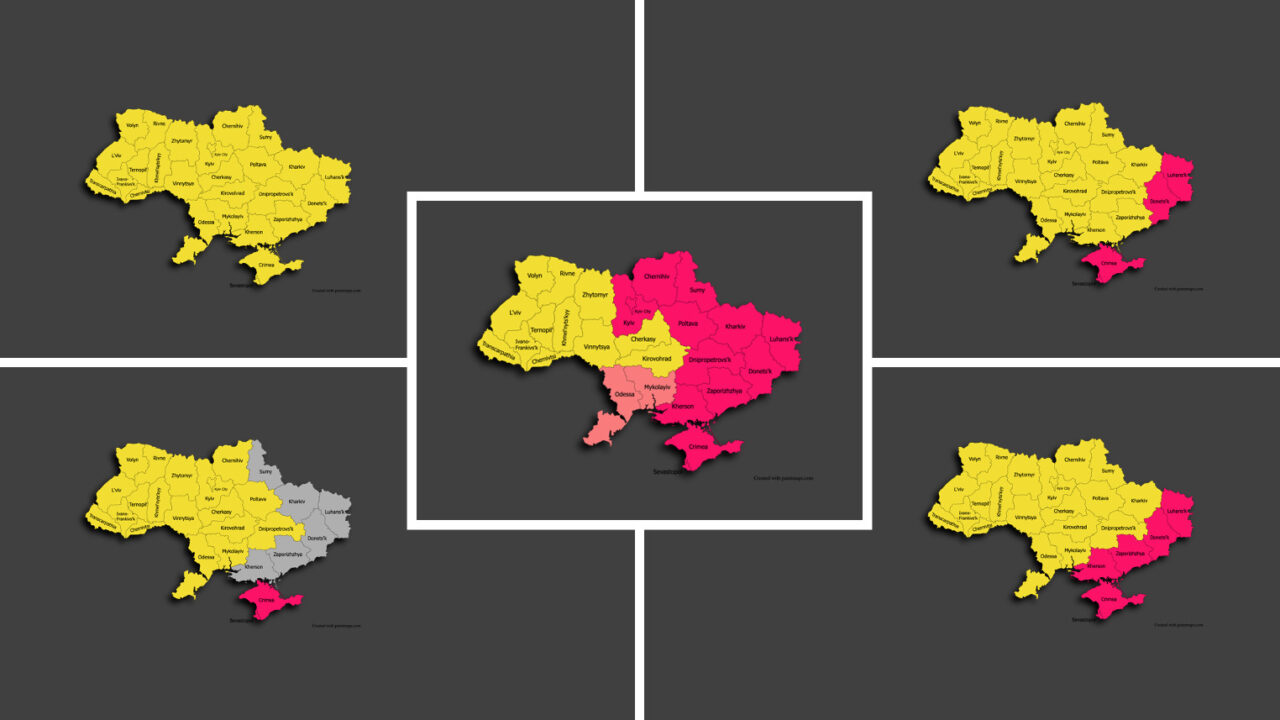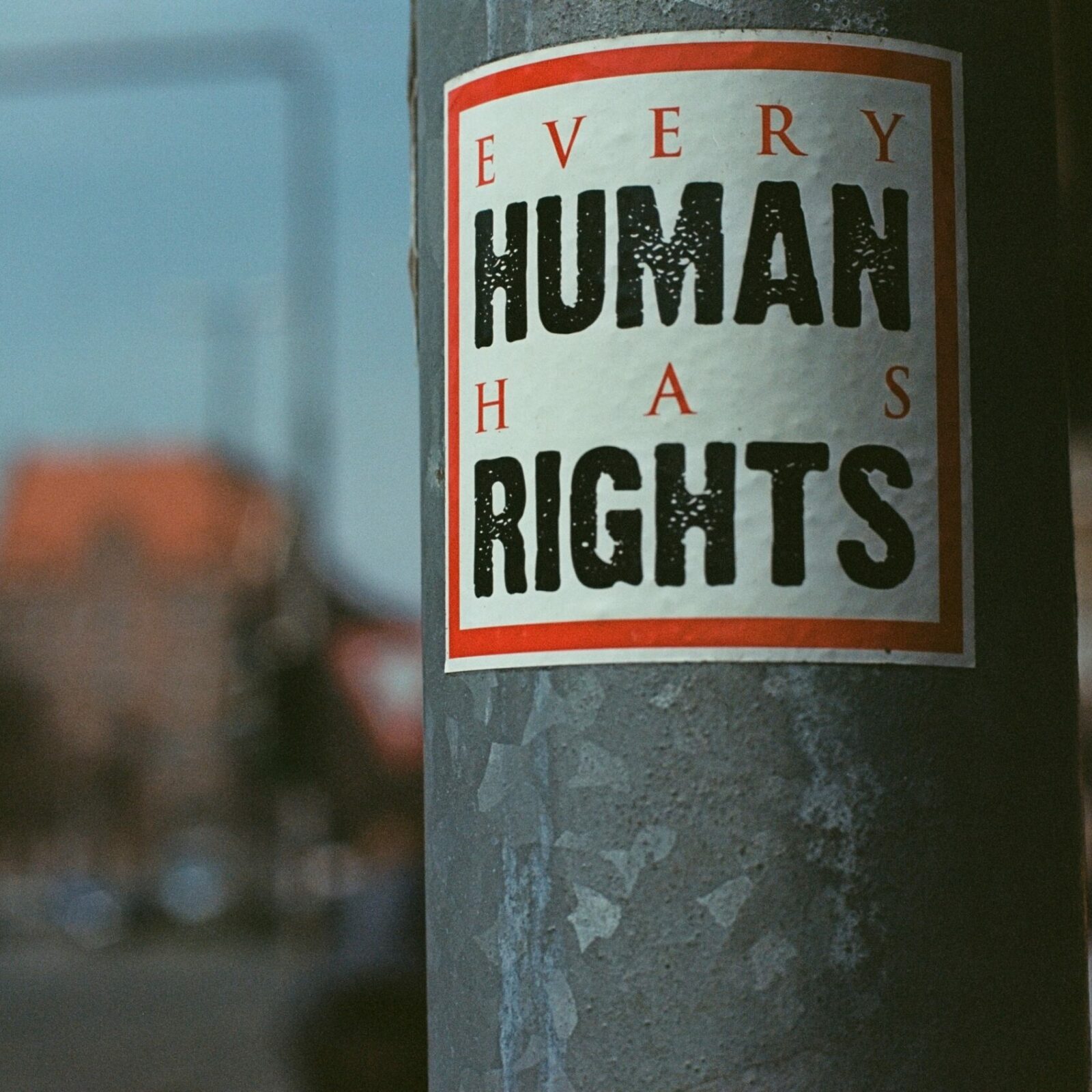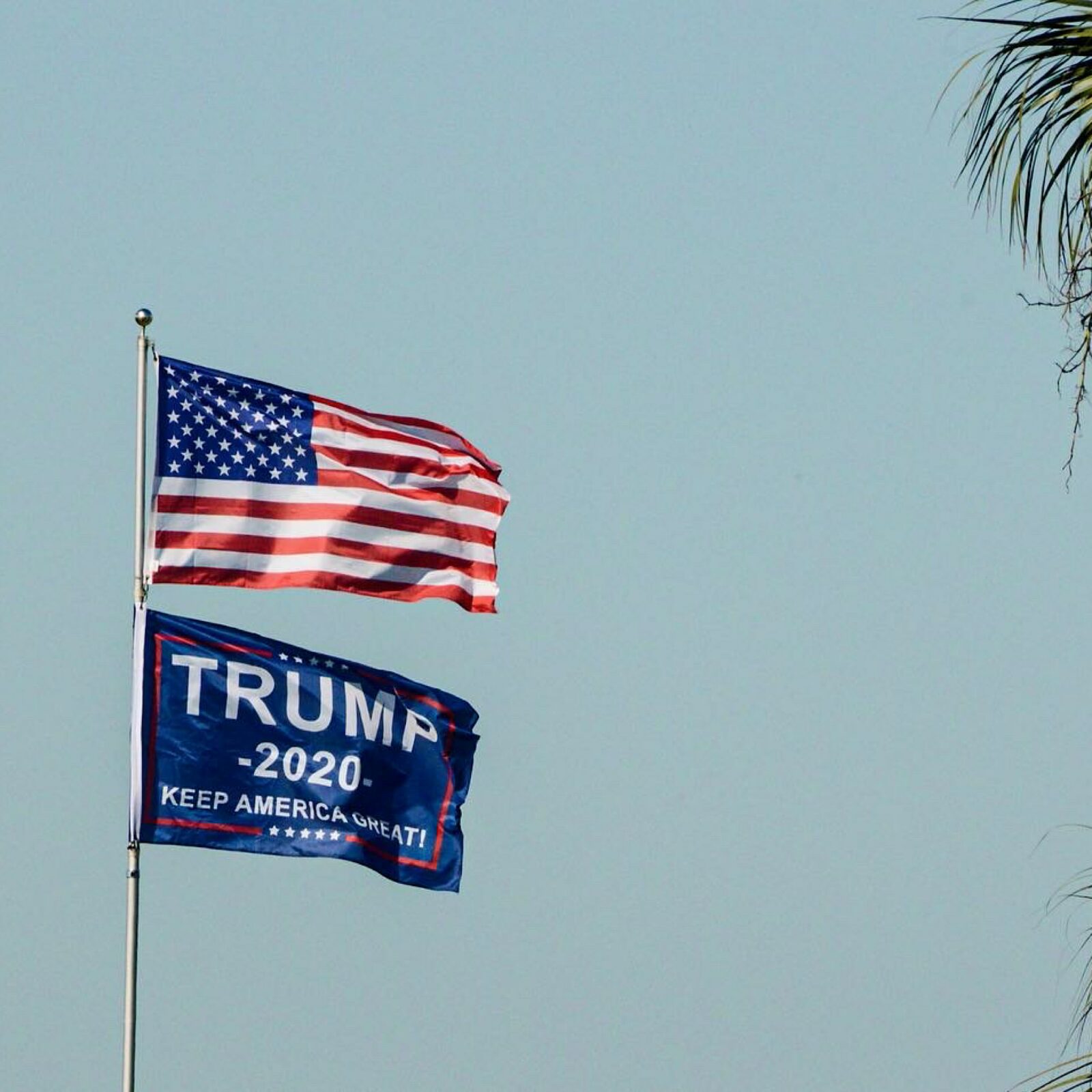Thinking the Unthinkable – Endgames in Ukraine?
Conflict Scenarios on the War in Ukraine
Since the end of 2021 the latest, the simmering conflict between Russia and Ukraine has been high up on the global political agenda. Together with the German Marshall Fund of the United States (GMF), the Bureau fuer Zeitgeschehen (BfZ) developed a series of scenarios on the course of and plausible final act of the war in Ukraine. For how the war ends will determine the future post-war order far beyond Europe. The question of how the West would react to a possible use of nuclear weapons by Russia is of crucial importance.
Since December 2021, the BfZ – in cooperation with the German Marshall Fund of the United States (GMF) – has been continuously developing scenarios on the growing tensions, later on the war in Ukraine and its impact on the global order.
The goal: “thinking the unthinkable” and preparing responsible decision-makers for all eventualities. Based on dozens of so-called “What-if” scenarios, diplomats, and analysts from both sides of the Atlantic addressed the following questions:
- What are the direct and indirect consequences of Russia’s invasion on a global scale?
- What are possible patterns of escalation in this conflict?
- How do third actors position themselves and what are potential “blind spots” in our analysis?
- What if the war reached a stalemate and became another frozen conflict?
- How might the war end and what will be the implications for the regional and global security order?
Key findings:
In a stalemate scenario, there would be a serious risk of Western war-fatigue as states will run out of tools to sanction Russia and citizens will become increasingly frustrated due to economic hardships, high energy prices etc. Russia, on the other hand, adapts to the pressure and explores new ways to trade while decision-makers in the West face dissatisfied voters.
A complete Ukrainian victory could result in an escalation by the Kremlin (such as the use of tactical nuclear weapons, bombardment of cities, provocation of NATO members) and require a decisive US/NATO response.
A comprehensive Russian victory in Ukraine and control over a considerable part of Ukrainian territory would drive the world into a renewed bloc confrontation, entail massive rearmament (including a nuclear-armed Poland) and lead to further NATO expansion.
But: In order to emerge victorious from this confrontation, the West must control the narrative. For this war will not only be fought on the battlefield. The longer the conflict lasts, the more it will develop into an economic war, a contest of (collective) wills, a struggle for the future security order in Europe and beyond. Which societies will join which side will be decided not least by the war on the propaganda front.








